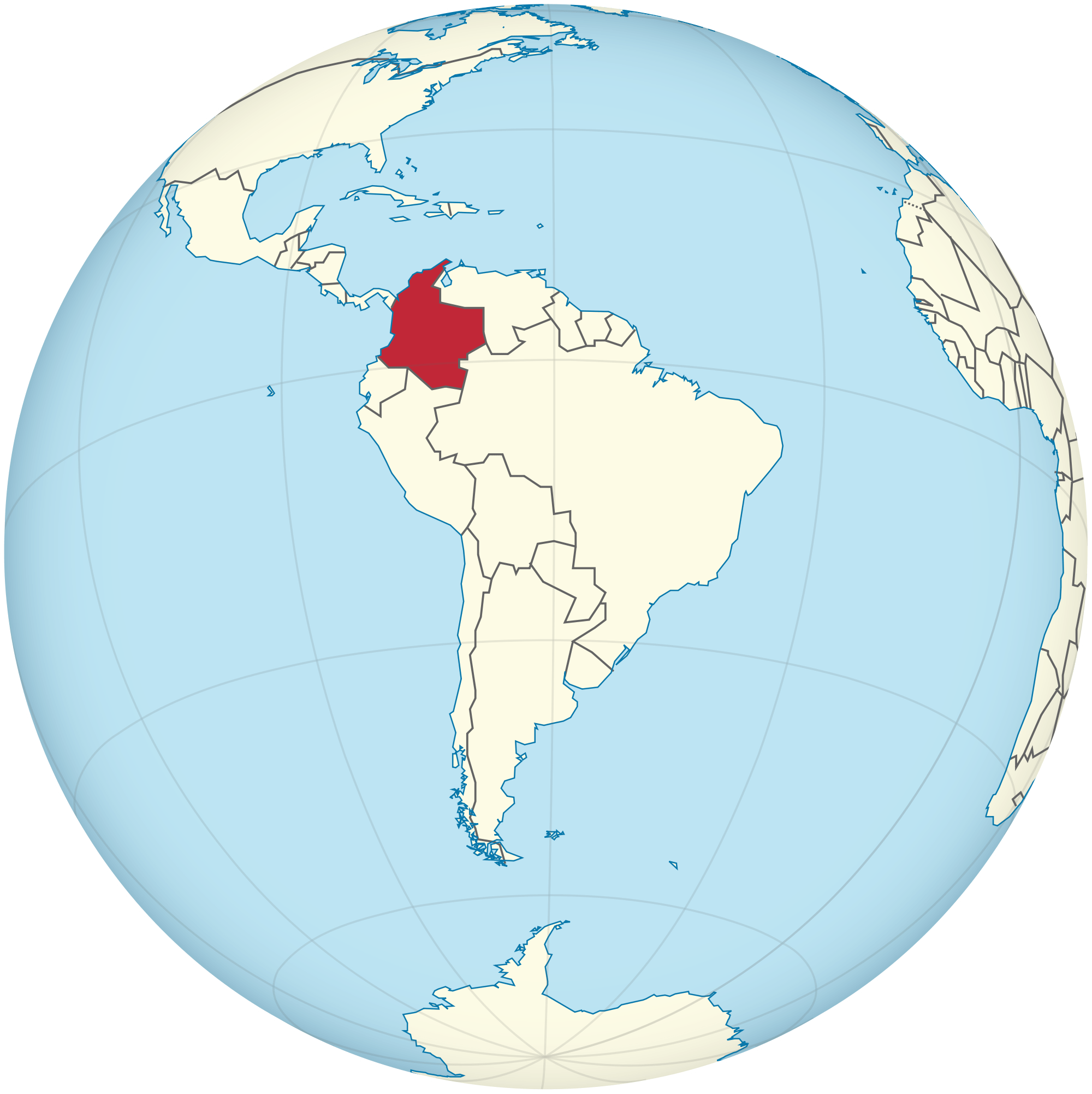Discovering Santiago de Chile: Exploring its Location and Significance
Where is Santiago de Chile located? This question sparks a journey into the heart of South America, to a vibrant metropolis nestled against the breathtaking backdrop of the Andes Mountains. Santiago's location isn't just a point on a map; it's a key to understanding its rich history, cultural tapestry, and the unique challenges and opportunities its inhabitants face.
Pinpointing Santiago geographically, we find it situated in central Chile, specifically in the Santiago Basin, a valley carved out by the Andes to the east and the Coastal Range to the west. This positioning gives the city its characteristic dramatic landscapes and influences its climate, with warm, dry summers and cool, occasionally rainy winters. Understanding the Santiago, Chile location also means appreciating its proximity to the Pacific Ocean, approximately 100 kilometers to the west, providing a vital connection to the world.
The geographical location of Santiago has played a pivotal role in shaping its history. Founded in 1541 by Spanish conquistador Pedro de Valdivia, the valley offered fertile land for agriculture and a strategically defensible position. Over the centuries, Santiago evolved from a colonial outpost into the nation's capital and largest urban center, its growth inextricably linked to its position within the Chilean heartland.
The significance of Santiago's location continues to resonate today. Being at the center of Chile, it serves as the country's economic, political, and cultural hub. The city's location draws people from all corners of the nation and beyond, creating a melting pot of traditions and perspectives. This makes exploring Santiago de Chile's location and its surroundings a rich and multifaceted experience.
However, Santiago's location also presents challenges. The city's position within a valley contributes to air pollution issues, particularly during winter months, when cold air traps pollutants. Furthermore, its proximity to active fault lines makes the city susceptible to earthquakes, a constant reminder of the dynamic forces shaping the landscape. Understanding the placement of Santiago within this geological context is crucial for mitigating risks and ensuring the city's resilience.
One benefit of Santiago's location is its access to incredible natural beauty. The towering Andes provide opportunities for hiking, skiing, and simply admiring the stunning vistas. The city's proximity to the coast offers easy access to beaches and the Pacific Ocean.
Another advantage is its central position within Chile. This facilitates travel to other parts of the country, allowing residents and visitors to explore diverse landscapes, from the Atacama Desert in the north to Patagonia in the south.
A third benefit is the rich cultural heritage that has developed in Santiago. As the nation's capital, it boasts numerous museums, historical sites, and cultural institutions that reflect Chile's history and traditions.
Advantages and Disadvantages of Santiago's Location
| Advantages | Disadvantages |
|---|---|
| Access to diverse natural landscapes (mountains, coast) | Air pollution, particularly during winter |
| Central location within Chile, facilitating travel | Seismic activity and earthquake risk |
| Rich cultural heritage and numerous cultural institutions | Urban sprawl and related challenges |
Tips for experiencing Santiago: Research transportation options within the city and for excursions to surrounding areas. Consider the best time of year to visit based on your interests and weather preferences. Learn some basic Spanish phrases to enhance your interactions with locals.
Frequently Asked Questions:
1. What is the closest airport to Santiago? (Arturo Merino Benítez International Airport)
2. What is the best time of year to visit? (Spring or Fall for pleasant weather)
3. What is the currency used in Santiago? (Chilean Peso)
4. What language is spoken in Santiago? (Spanish)
5. What are some popular attractions? (Cerro San Cristóbal, Plaza de Armas, Palacio de la Moneda)
6. Is Santiago safe for tourists? (Generally safe, but exercise normal precautions)
7. What are some local customs to be aware of? (Greetings, tipping etiquette)
8. What are some transportation options within the city? (Metro, buses, taxis)In conclusion, understanding where Santiago de Chile is located is more than just knowing its coordinates. It's about appreciating the intricate interplay between geography, history, and culture that has shaped this dynamic city. From the soaring Andes Mountains to the bustling city center, Santiago's location offers a wealth of experiences. Embrace the challenges, celebrate the advantages, and delve into the rich tapestry of this captivating South American metropolis. Plan your visit today and discover the magic of Santiago for yourself. Its unique location, combined with its vibrant culture and breathtaking scenery, promises an unforgettable experience.
Unlocking inner peace and purpose a guide to islamic prayer
The allure of forbidden games and cards
Lightning bolt hand tattoo














